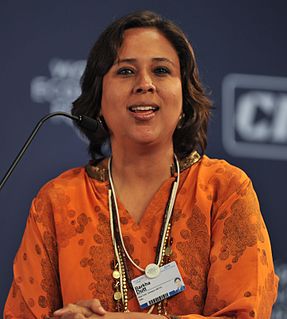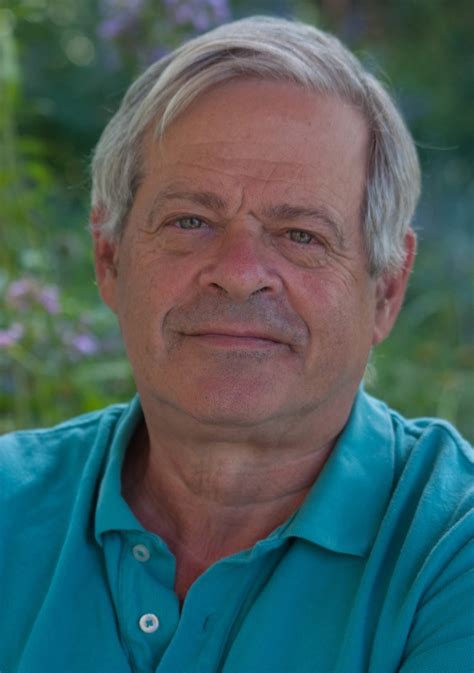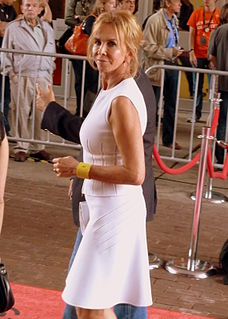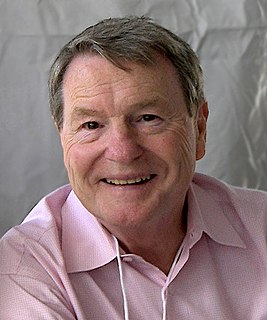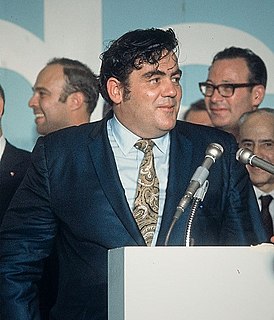A Quote by Barkha Dutt
Textbook journalism everywhere in the world has always frowned upon the sting as a tool of reporting.
Quote Topics
Related Quotes
My reporting in Africa wouldn't be political per se, but it's certainly the point of my reporting - and of a lot of other reporters I know: Human suffering is bad, and if reporting stories about it brings it to light and someone does something, that's part of the point of journalism. And it's a thin line between that and activism, and you have to be careful about that.
I'm always very careful to make the distinction between music criticism and music journalism. A lot of people don't. But criticism doesn't require reporting. You can write criticism at home in your underwear. On the other hand, journalism takes legwork - you have to get out there and see things and talk to people.
Journalism today is obviously in a major transition. Going to journalism school, learning how to write, working your way up in a little paper in Decatur, Georgia and then moving to Atlanta and then maybe to New York: it's just over. You have to have a whole other set of skills now. You have to be a videographer, you have to do social media. You can't do a long, thoughtful, insightful piece if you don't have the time to do reporting, particularly reporting around somebody who doesn't want to be known or an issue that doesn't want to reveal itself.
I think Sting would be denying his fans a great moment if Sting did not step into WWE competition at least once. I have always been a huge admirer of what Sting brings to the table and his relationship with his audience, and I would be dramatically disappointed if Sting does not wrestle a WWE match.
I don't think journalism changes. It's about digging into stories and telling them well. The basic tenets of great reporting stay the same while things around it change. Technology has made reporting easier, but it has also caused job loss. Social media has increased discussion around topics, but it has its own challenges at times.
Journalism schools are good to get a job, but I don't know what else they are good for. I don't like the word "journalism" to begin with. It's news reporting, and that consists of using your two feet. The only lesson, then, that you could give people is how to climb stairs, because there are no stories on the first floor.
I've always been a writer. I started getting paid for writing in college. Where it transitioned from commentary to journalism was in that shift - not wanting to write personal stories because people are hungry in not necessarily great ways for the sexy, sexy, sex work story. I was trying to shift the focus, and journalism was the tool I needed to write about people outside my own life and range of experience.
I want to help clean up the state that is so sorry today of journalism, and I have a communications degree. I studied journalism -- who, what, where, when, and why -- of reporting. I will speak to reporters who still understand that cornerstone of our democracy, that expectation that the public has for truth to be reported. And then we get to decide our own opinion based on the facts reported to us.
